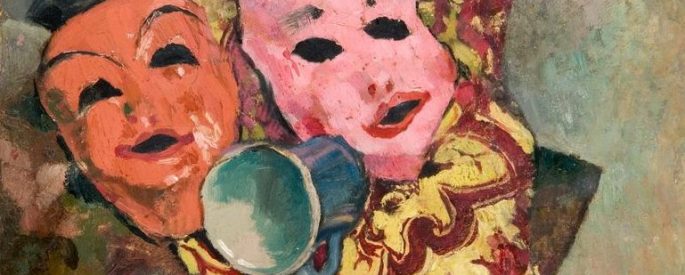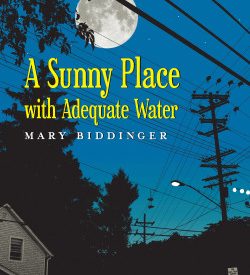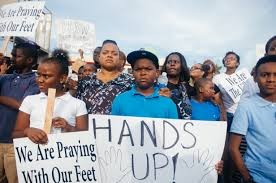poetry Archive
Easter 1916

“Easter—that’s a weird tradition,” says the comedian Jim Gaffigan in one of his imagined dialogues. He continues: “The day Jesus rose from the dead—what should we do?” “How about eggs?” “What does that have to do with Jesus?” “Alright, we’ll hide them.” “….I don’t follow your logic.” “Don’t worry,
When We Are Given a Feast of Flesh

How do I remember spaces? Bedrooms, beaches, backseats, bazaars. The time between dreams. Night. The no-man’s land of a twelve-hour flight. I remember the world as words. I spent my last few weeks in Delhi hunting for books. For relatives, for friends, but, finally, for my own sake: to
(Writing) Exercise: Self-compassion

I’m talking here of memory’s difficulty. Difficult not in the way I have to wrack my weak brain to remember what happened, but in the way I’m forced to face that time I let my brother, bleeding from the mouth, run the mile home alone. Difficult in the way
“Bringing the Poem Back to the Actual”: An Interview with David J. Daniels
David J. Daniels writes poems that sneak up on you. Smart and worldly, emotional and funny, they convey a sense of life-as-it’s-lived: culture both high and low, our strivings and failings, the countless ways we let each other down and hold each other up. Because of the immediacy of
Between Optimism and Pessimism: How to Set Our Baby Monitors?

Pessimism is not particularly hard. I thought of this last month when I spent an hour in my brother’s kitchen near the baby monitor through which I could hear my poor twenty-two-month-old niece hacking up phlegm. After an hour I began to mistake this noise for the wind, or
“It’s All About the Panic”: An Interview with Mary Biddinger

Mary Biddinger’s poems are poignant, playful, a little mysterious, in love with language, and full of surprising connections: between music and meaning, between memory and imagination, between nostalgia and a yearning for what’s next. I’ve read and admired her poems since we were in the same undergraduate workshops at
Etymology as Pedagogy: How Words Teach Me to Live

When I learned, not long ago, that the word “daisy” comes from the Old English word “day’s eye,” referring to how the petals open at dawn and close at night, I was delighted. Here was proof that the English language can be governed by a beautiful logic. It was
All-Time Favorite Writing Prompts

To round out this year of blogging about writing prompts, I polled writers and writing teachers for their favorite writing prompts–generally, simple prompts that have been useful to them as writers, students, and teachers. One such prompt that I found extremely useful in my early days of writing was,
Round-Down: The Black and White Business of Confronting Racism in Literature

Like most Americans, I’ve been stunned the last few months by the verdicts in Ferguson and New York. Tens of thousands of protestors, black, white and brown, have taken to the streets and to social media to voice their protest and outrage at the implicit message received from these
Iguala, Ayotzinapa, and Why Carolyn Forché is More Relevant Than Ever

I went to Mexico City to write about it. But also to read a lot too. To slough off the rust of my own ignorance about this country my family came from. You can never read enough. Such is the shame of academia. But the beauty of being young